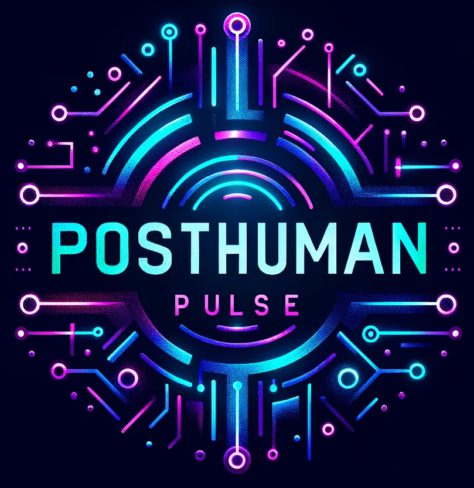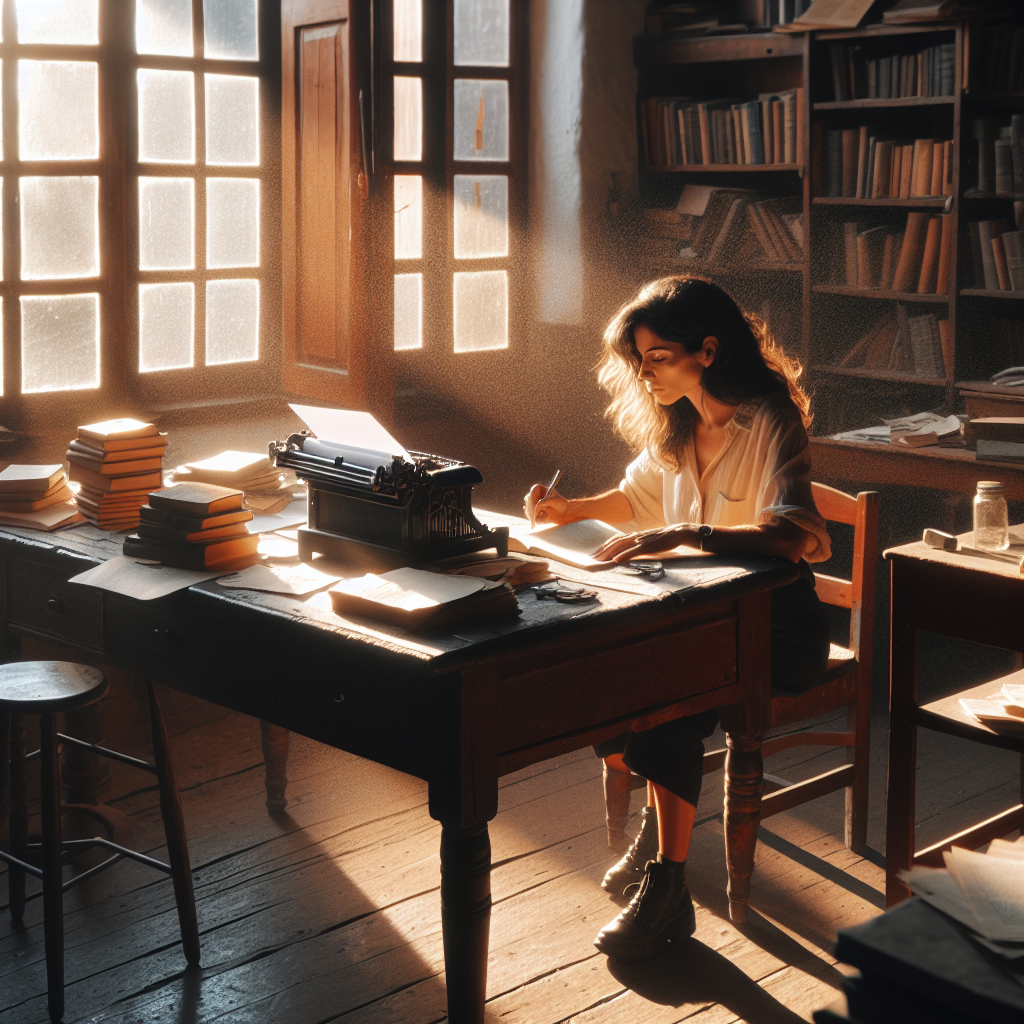As AI continues its rapid development, OpenAI’s latest model, Orion, illustrates a critical insight: more isn’t always better. Despite impressive advancements, Orion’s performance gains over its predecessors, particularly GPT-4, are modest, raising pivotal questions about AI’s future trajectory.
Orion’s Performance Plateau: Understanding the Challenges
OpenAI’s Orion model, initially hailed for its promise, is now at the center of a broader discussion about AI’s developmental trajectory. Despite achieving GPT-4 level performance at just 20% of its training, Orion’s further improvements have been limited, signaling a plateau in advancement.
Researchers within OpenAI have expressed concerns about Orion’s task-specific capabilities, questioning its superiority over previous models. This performance stagnation highlights a critical juncture in AI evolution, where larger models do not necessarily equate to better outcomes. [Source: The Information]
“Some researchers at the company believe Orion isn’t reliably better than its predecessor in handling certain tasks.” [The Information]
AI in Creative Writing: A New Frontier
The integration of AI in creative writing is transforming the literary landscape. Many writers now incorporate AI into their workflows, leveraging its capabilities while maintaining core writing values. A recent study reveals that AI-generated poetry often surpasses human-written works in reader preference.
This shift underscores AI’s potential to enhance creative processes, offering writers new tools to explore their craft. Creative writers are not merely adopting AI; they are strategically integrating it, balancing automation with creativity to enrich their work. [Source: arXiv]
“Readers often prefer AI-generated poetry over human-written works.” [The Washington Post]
The Broader Implications of AI’s Creative Capabilities
AI’s expanding role in creative fields presents both opportunities and challenges. While AI can replicate the styles of famous poets like Shakespeare, its integration into creative processes raises questions about originality and authenticity.
However, AI’s ability to complement human creativity without compromising core values is evident. As AI technology continues to evolve, it offers new possibilities for collaboration between human creators and machines, potentially reshaping the artistic landscape. [Source: The Washington Post]
Industry Impact and Implications
The limitations observed in Orion’s performance mark a significant moment in AI development, prompting the industry to reconsider its strategies. This shift could lead to more focused efforts on refining existing models rather than pursuing ever-larger ones. As AI continues to integrate into creative domains, it will undoubtedly alter the landscape, offering new tools and methods for artistic expression.
However, challenges such as ethical considerations and the preservation of creative integrity remain critical. Future developments may lead to more seamless collaborations between AI and human creators, expanding the possibilities for innovation.
As AI models like Orion continue to evolve, their role in creative fields will deepen, despite current challenges in achieving significant performance leaps. Embracing AI’s potential while acknowledging its limitations will be crucial for its successful integration into creative processes.
Encouraging exploration and innovation in this space will drive progress, offering new avenues for artistic expression. Readers are invited to consider how AI can enhance their creative endeavors, recognizing both its current capabilities and future potential.
Learn More
- OpenAI Shifts Strategy as Rate of ‘GPT’ AI Improvements Slows
- From Pen to Prompt: How Creative Writers Integrate AI into their Writing Practice
- ChatGPT is a poet. A new study shows people prefer its verses.

